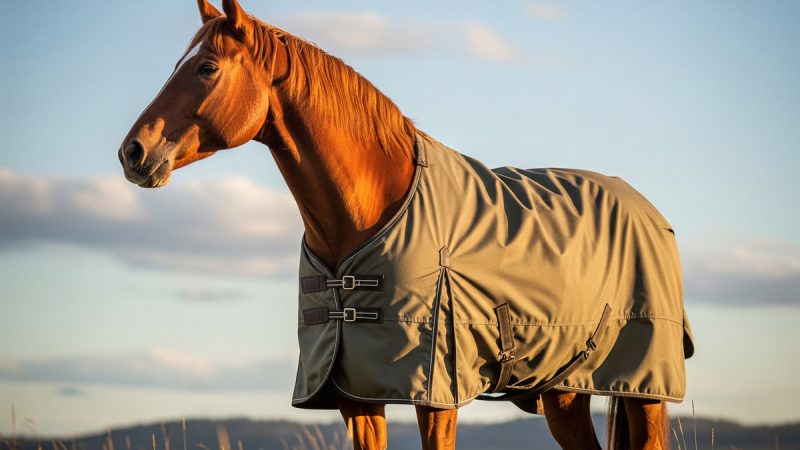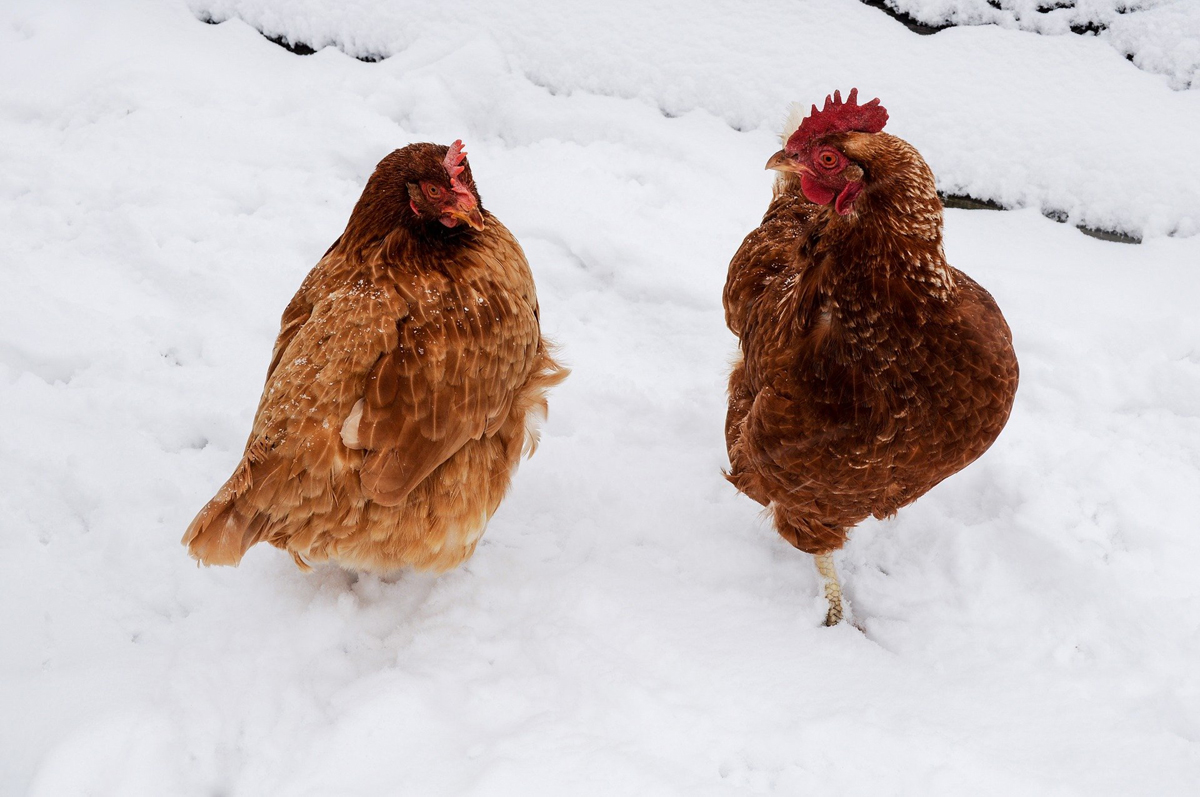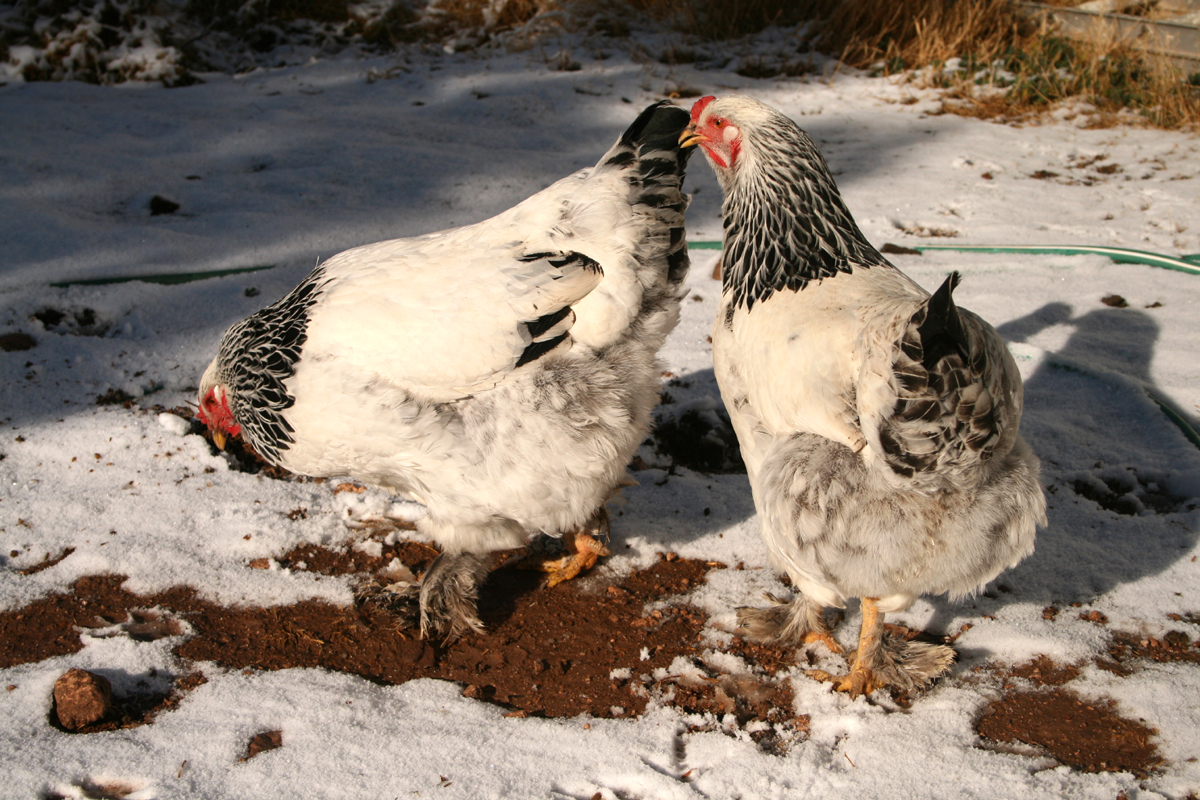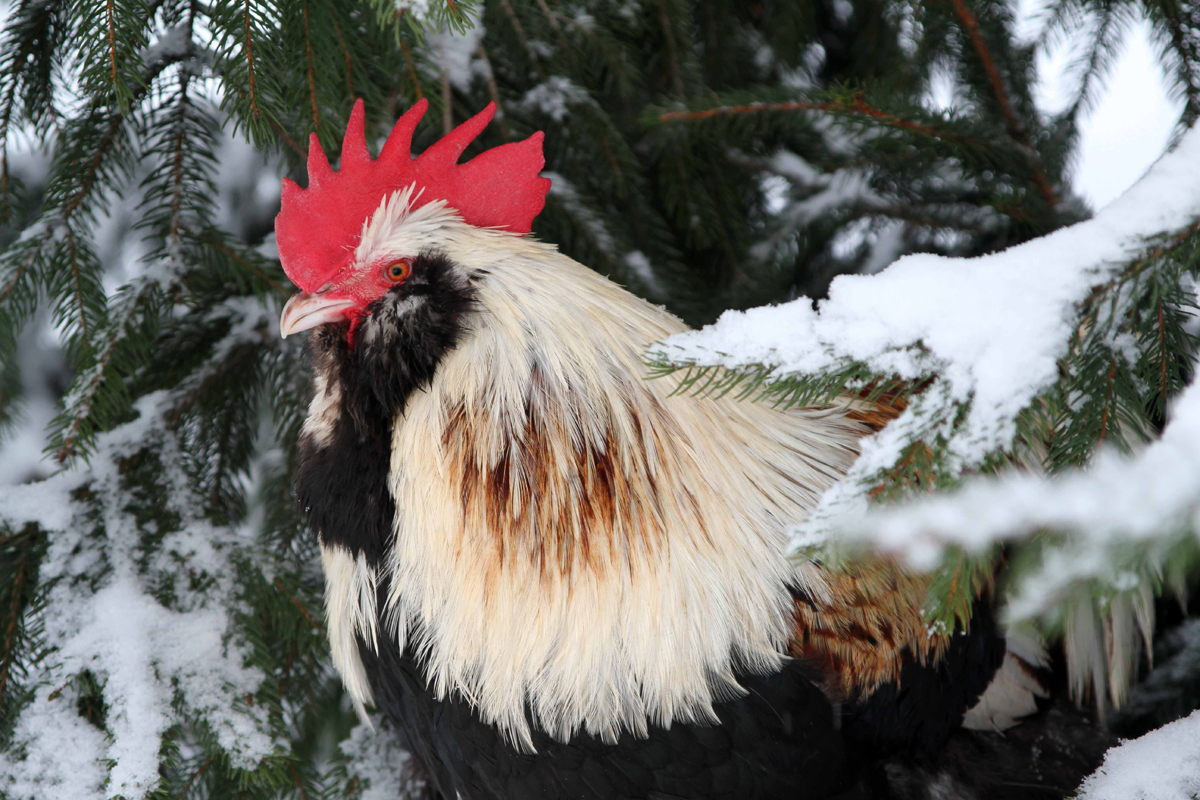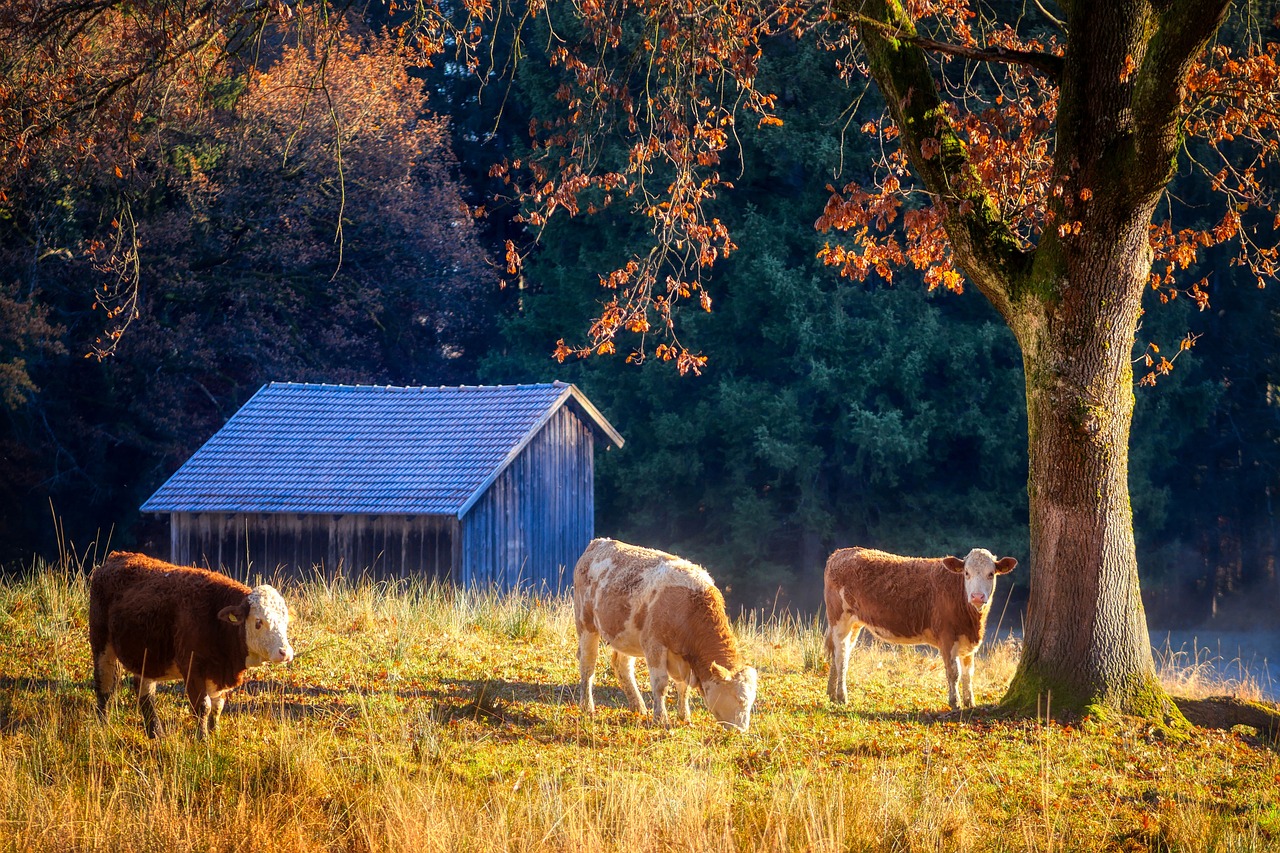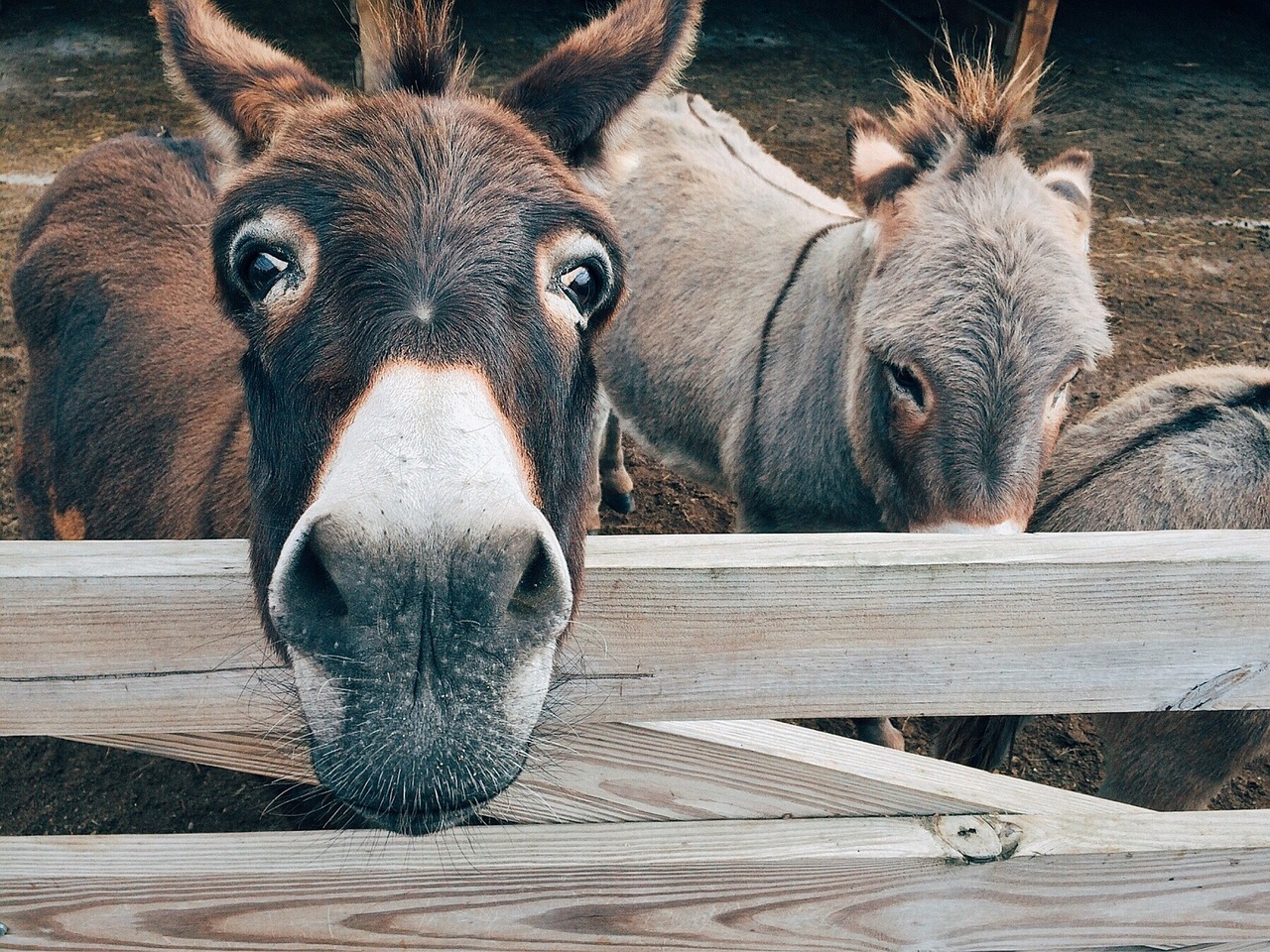How to Keep Your Chicken Waterer from Freezing
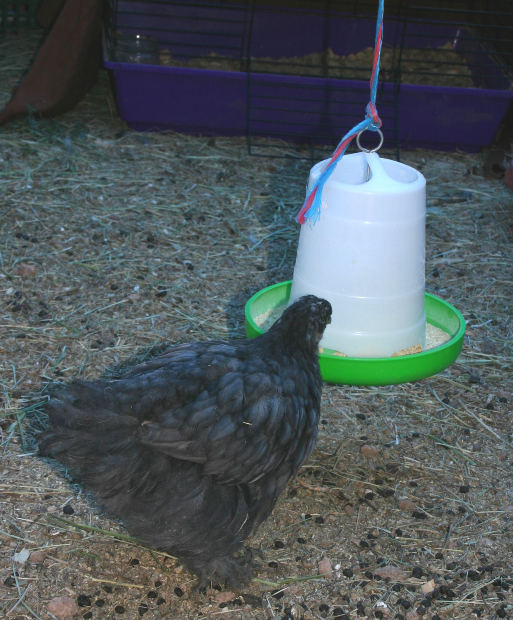
Chickens, as a rule, are pretty winter hardy animals. They can withstand some pretty cold temperatures (they’re covered with feathers, after all) if they have a sheltered, draft-free place to live. One of the biggest concerns for your backyard flock is keeping their water fresh and unfrozen in the cold winter months.
To keep your chicken waterer from freezing, it helps to have an insulated, draft-free chicken coop in which to put the waterer. Many people also use a light bulb or timed heat lamp to add warmth to the inside of the coop. However, in really cold weather, those measures aren’t enough to keep the water from freezing.
One simple solution to frozen water is to use a heated dog bowl. This is an especially useful solution for the small backyard chicken farmer. It’s also a very affordable option, as many heated pet bowls are around $20 or so.
Another solution is to use a light bulb fountain heater. Essentially, this is a base with a light-bulb inside, and a platform that fits over the top. Your chicken waterer sits on top of the platform and the heat from the light-bulb keeps the water from freezing. In order to use this option, you need a metal waterer. This solution would run you around $50-70, but would allow you to water more chickens at one time, if you have a larger flock.
A third solution is to install a heater and thermostat in your chicken coop. Set it at 35 degrees. If the weather dips below 35, the heat will turn on, keeping your coop (and therefore your chicken waterer) above freezing.
If none of these ideas appeal to you, you can always do it the old-fashioned way and haul warm water out to your chicken coop several times a day, thaw out the chicken waterer and re-fill it with warm water. If that sounds like a crazy solution, just remember that you have it easier than your ancestors who would first have to build a fire and heat the water before hauling it out to the coop!
Regardless of the system you choose, remember that it’s important to keep your chickens hydrated, even in the cold weather. Making sure they have fresh water will help your chickens stay healthy and, possibly, even laying eggs in the winter.
The Author:
Kerrie Hubbard lives in Portland, Oregon with 10 chickens, 1 cat and several small raised bed gardens. Her website, City Girl Farming ( http://www.citygirlfarming.com ) is an urban guide to raising and growing your own food in small spaces.
Photo. Xandert


